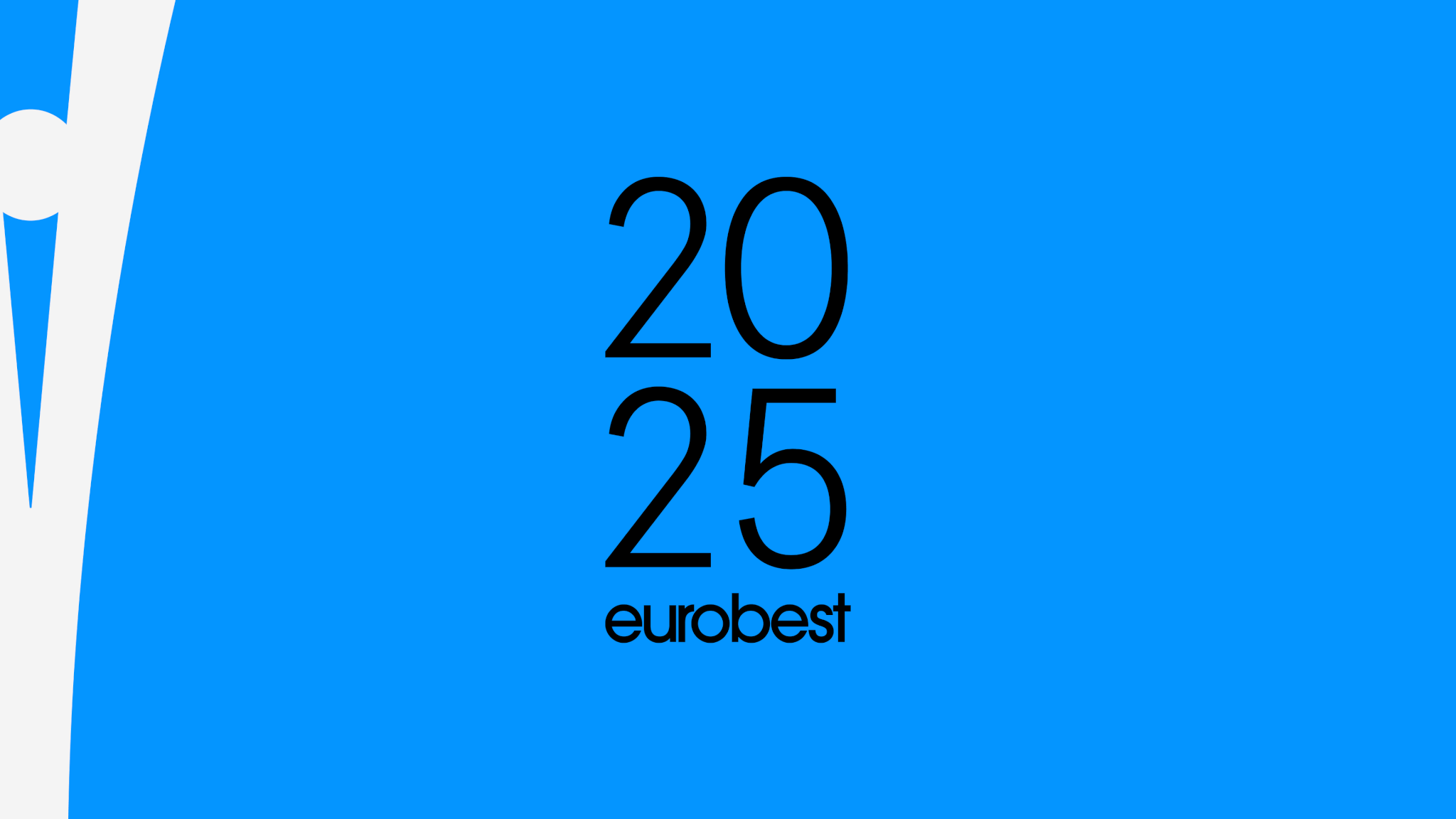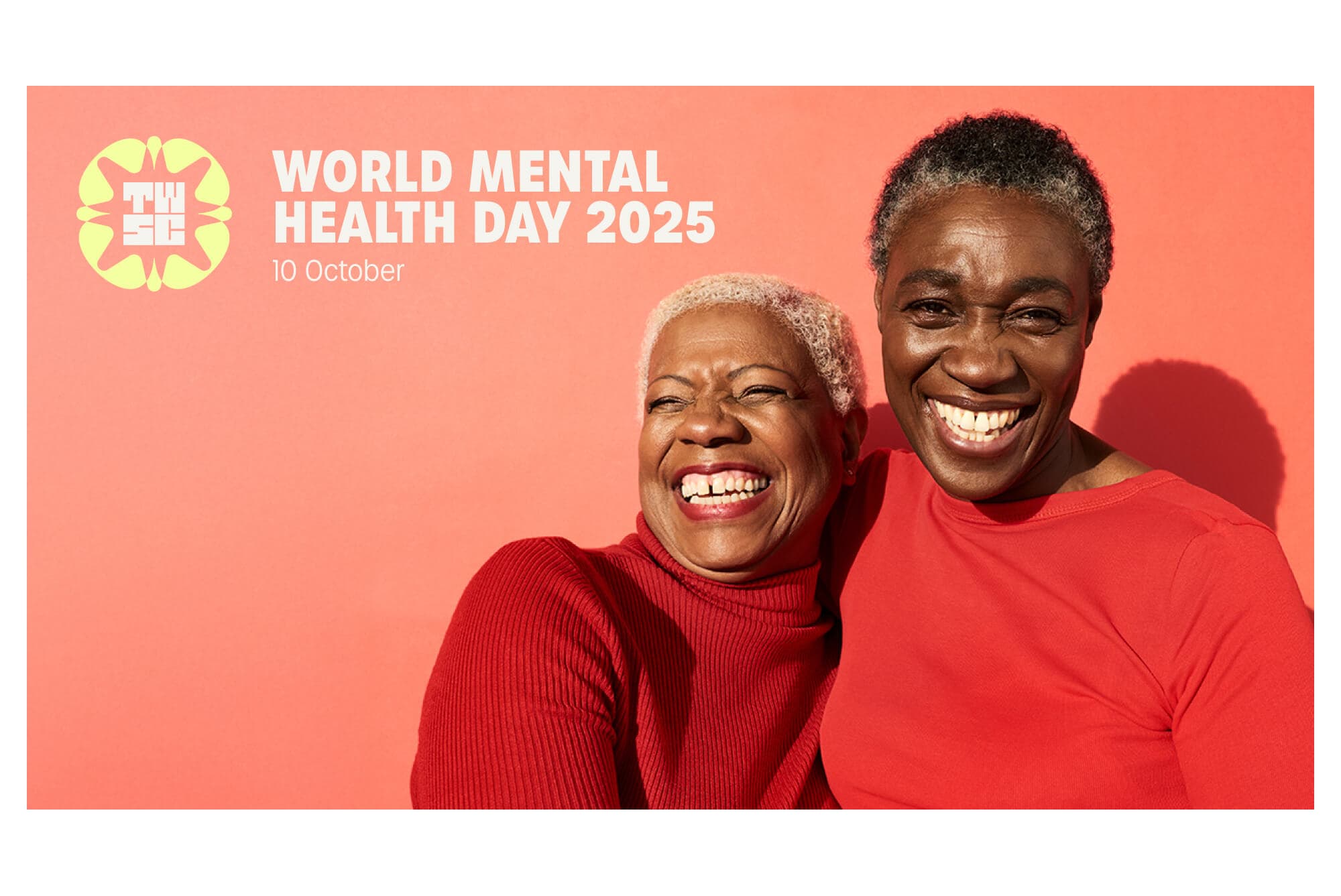
Moving Women to the Heart of Health
As a leading global consultancy with deep expertise in healthcare, we recognise our responsibility to tackle gender disparity in health communications. This commitment led to the launch of our bespoke Women’s Health offering, designed to empower our clients.
Shaping healthier futures for all women
By broadening the scope of women's health beyond the limited confines of reproductive health, we have become a catalyst for change, placing women at the heart of healthcare. Collaborating with clients across all health and wellness sectors, we provide the necessary passion, insight and knowledge to develop comprehensive programmes that enhance understanding, knowledge, and health outcomes for women.
Women's Health Indicator
Central to this offer is our Women's Health Indicator. This proprietary tool, crafted by our team of data analysts and behaviour experts, pinpoints specific gaps in women's health. It accomplishes this by analysing and evaluating data points across society, media, and policy. Leveraging the Women’s Health Indicator we have developed compelling insights on a number of important topics ranging from Alzheimer’s Disease and Women, Immune Diseases and Women, Women and CVD and The Impact of Climate Change on Women’s Health.
Latest thinking and initiatives


Why Communication is the Competitive Advantage in Women’s Health
Women’s health innovation is at a pivotal moment, with major investments and breakthroughs, where communication will be key to scaling impact.

Acknowledging World Mental Health Day
This World Mental Health Day, we’re highlighting the importance of mental well-being and shining a spotlight on new findings from Weber Shandwick Women’s Health.

Weber Shandwick is Heading to Women's Health Week Europe 2025!
We’re thrilled to announce that Weber Shandwick will be participating in WHW Europe 2025, joining the conversation on reshaping women’s health.

A roundtable discussion: enhancing women’s health through digital tools and transformation
We hosted a roundtable discussion with experts across healthcare industries, the role of digitalisation and the importance of research.

Climate Change & Women's Health
Our report highlights the disproportionate impact climate change has on women and girls, underlining the urgent need for awareness and gender-responsive climate policies.

Are we doing enough for women with cardiovascular disease?
Heart disease remains the biggest killer of women – and thousands of lives would be saved if women received the same standard of care as men. Niamh Mangan, Executive Vice President, Managing Director, dna, believes better education could be the answer.

Is gender health bias masking the brilliance of AI?
As we continue to tackle the disparities that exist in women’s healthcare, Rachel Pay, President Health, EMEA, Healthcare, shares a practical guide to addressing the gender bias perpetuated by AI.

Moving women to the heart of health
Our bespoke women’s health offer is testament to our commitment to health equity. "While it's exciting to drive change with passionate women, it's bittersweet that this offer is still necessary despite progress in gender equality", explains Rachael Pay.

“The painful truth” – closing the gender gap in pain management
Studies have shown that women experience and report more pain than men, yet they often receive less intensive and effective treatment. Anna Gallais explores a multifaceted approach to closing the gender gap in pain management.

Curating a culture that helps women stop suffering in silence
When it comes to women’s health in the workplace, specific support is inconsistent. Chris Payne calls for a focused approach on women’s health requirements and outlines simple steps leaders can take to cultivate a culture of open conversation and trust.

The Weber Shandwick Collective announces bespoke health offering in EMEA
Get in touch
For more information about The Weber Shandwick Collective: Women’s Health and to learn how we can work together to change perceptions and create an open dialogue to shape women’s health, please contact Rachael Pay, President Health EMEA via the form.
Fields with * are required.



